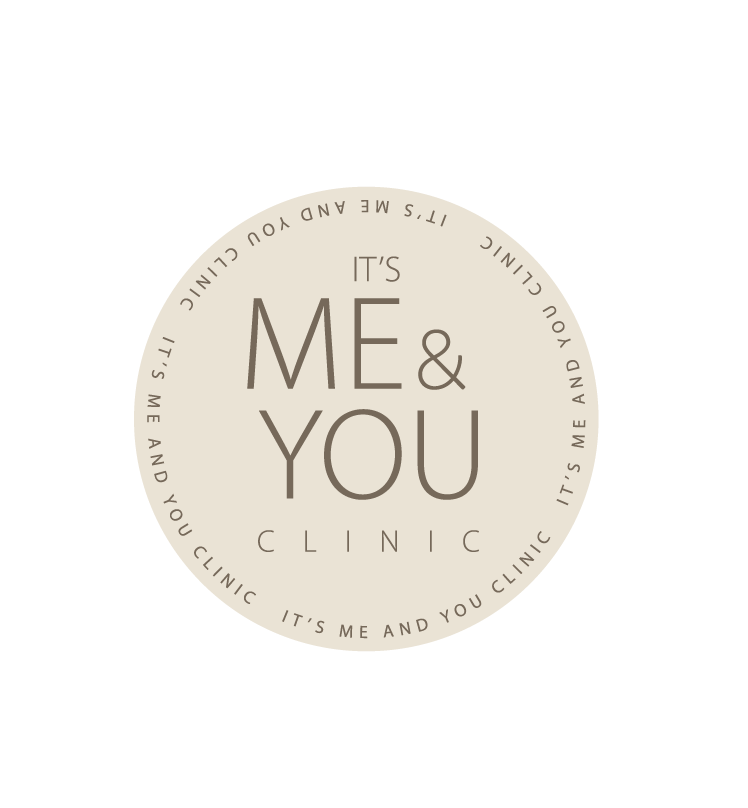Pregnancy is a time of great joy and anticipation, but it also comes with a multitude of questions and concerns. For some women, cosmetic procedures like lip fillers may be on their minds. The desire to look and feel one’s best is natural, but when it comes to elective cosmetic treatments during pregnancy, safety is paramount. In this article, we’ll explore the topic of lip fillers during pregnancy, examining the potential risks, safety concerns, and expert advice to help you make an informed decision.
Understanding Lip Fillers
Lip fillers, often comprised of hyaluronic acid or other safe substances, are commonly used to enhance lip volume and shape. These procedures are minimally invasive and usually performed by licensed professionals in aesthetic clinics. While they are generally considered safe when administered by trained practitioners, the safety landscape can change when you introduce pregnancy into the equation.
Types of Lip Fillers
Hyaluronic Acid Fillers (HA Fillers)
Restylane
Restylane is a popular hyaluronic acid filler used to add volume and fullness to the lips. It is known for its natural-looking results and comes in different formulations, including Restylane Silk, designed specifically for lip augmentation.
Juvederm
Juvederm offers several products in its line for lip augmentation, including Juvederm Ultra, Juvederm Ultra Plus, and JuvedermVolbella. Each of these products has unique characteristics, such as varying thickness and longevity.
Belotero
Belotero Balance is another hyaluronic acid filler used to treat fine lines and wrinkles around the mouth and lips. It can also be used for lip augmentation.
Teosyal
Teosyal Kiss and Teosyal RHA are hyaluronic acid-based fillers used for lip enhancement. Teosyal RHA is known for its ability to provide a natural look and maintain lip flexibility.
Collagen-Based Fillers
Cosmoderm and Cosmoplast
These fillers contain collagen derived from cowhide. While they were once commonly used, hyaluronic acid fillers have largely replaced collagen fillers due to their longer-lasting results and reduced risk of allergic reactions.
Calcium Hydroxylapatite Fillers
Radiesse
Radiesse is a dermal filler containing calcium hydroxylapatite microspheres. It is often used for deeper wrinkles and can also be used for lip augmentation. Results can last up to a year or more.
Poly-L-Lactic Acid Fillers
Sculptra
Sculptra is a filler made from poly-L-lactic acid and is primarily used to stimulate collagen production. It is typically used for facial volume restoration and can also be used in the lips for subtle augmentation.
Polymethyl Methacrylate (PMMA) Fillers
Bellafill
Bellafill is a semi-permanent filler that contains PMMA microspheres. It is used for both wrinkle correction and lip augmentation. The PMMA particles provide long-lasting results.
Autologous Fat Transfer
In this procedure, a patient’s own fat is harvested from another part of the body, typically through liposuction, and then injected into the lips. This approach provides a natural look and can be a permanent solution for lip augmentation.
Psychological Aspects of Wanting Cosmetic Procedures During Pregnancy
Body Image and Self-Esteem
Body Changes During Pregnancy
Pregnancy brings significant physical changes, including weight gain, breast enlargement, and skin alterations. Some women may struggle with these changes and experience a decline in self-esteem or body image dissatisfaction.
Media and Societal Pressure
Media, advertising, and societal beauty standards often portray idealized images of pregnancy, promoting the idea that pregnant women should look a certain way. This can create pressure to conform to these standards and contribute to body image concerns.
Emotional Vulnerability
Hormonal Fluctuations
Pregnancy is accompanied by hormonal changes that can affect mood and emotional well-being. Women may experience heightened emotions and vulnerability during this time, leading to a desire for procedures that promise to boost confidence and self-esteem.
Stress and Anxiety
Pregnancy can be a stressful period, especially for first-time mothers. This stress may exacerbate existing insecurities, making cosmetic procedures seem like a way to regain control and alleviate anxiety.
Social and Peer Influence
Social Comparison
Pregnant women often compare themselves to others, whether in real life or through social media. Seeing other expectant mothers who seem to maintain a flawless appearance can fuel the desire for cosmetic enhancements.
Peer Opinions
The opinions and comments of friends, family members, or partners can influence a woman’s perception of her appearance during pregnancy. Encouragement or criticism from loved ones may play a role in the decision to undergo cosmetic procedures.
Expectations of Motherhood
Personal Identity
Some women may worry that motherhood will change their identity or sense of self. Cosmetic procedures can be seen as a way to maintain a sense of individuality and personal expression during pregnancy.
Coping Mechanism
For some, undergoing cosmetic procedures may serve as a coping mechanism to manage the stress and uncertainty that often accompany pregnancy. It may provide a sense of control in a time of transformation.
The Safety Dilemma
The safety of lip fillers during pregnancy remains a topic of debate within the medical community. The main reason for concern is the limited data available on the effects of these procedures on both the developing fetus and the mother. Since conducting controlled studies on pregnant women is ethically challenging, there is a lack of concrete evidence to determine the safety of lip fillers during pregnancy definitively.
Potential Risks and Concerns
Allergic Reactions
Allergic reactions can occur even with hyaluronic acid-based fillers. During pregnancy, a woman’s immune system may undergo changes, potentially increasing the risk of allergic responses.
Swelling and Discomfort
Pregnant women often experience increased blood flow and fluid retention, which may lead to more pronounced swelling and discomfort after lip filler injections.
Unknown Effects on Fetal Development
There is a lack of data on how lip fillers may impact the developing fetus. While these substances are not believed to cross the placental barrier, potential risks are still uncertain.
Hormonal Changes
Pregnancy induces significant hormonal changes, which can affect the way the body reacts to various substances. These changes may influence the longevity and appearance of lip fillers.
Expert Opinions
Medical professionals typically err on the side of caution when it comes to elective cosmetic procedures during pregnancy. Most reputable plastic surgeons and dermatologists advise against undergoing lip fillers while pregnant. They emphasize the importance of prioritizing the health and well-being of both the mother and the unborn child.
Dr. Sarah Thompson, a board-certified plastic surgeon, states, “The safety of elective cosmetic procedures during pregnancy is a concern due to the lack of data on potential risks. It’s advisable for expectant mothers to postpone such treatments until after childbirth.”
Alternatives to Consider
If you’re looking for ways to maintain your appearance during pregnancy without resorting to lip fillers, consider these alternatives:
Topical Lip Plumpers
Non-invasive lip plumpers containing ingredients like peppermint oil or hyaluronic acid can temporarily enhance lip fullness without injections.
Makeup Techniques
Skilled makeup application can create the illusion of fuller lips through shading and contouring.
Lip Care
Keep your lips hydrated and healthy with lip balm and moisturizers to maintain their natural beauty.
Conclusion
In the absence of comprehensive scientific research, the safety of lip fillers during pregnancy remains uncertain. While it may be tempting to undergo cosmetic procedures to maintain your appearance during this transformative time, it’s crucial to prioritize the health and well-being of both you and your baby.
Experts advise against lip fillers during pregnancy due to potential risks and the lack of data on their safety. If you’re considering such a procedure, consult with your healthcare provider and a board-certified plastic surgeon to make an informed decision based on your specific circumstances. Ultimately, the choice should prioritize the health of both you and your unborn child, ensuring a safe and healthy pregnancy journey.
Top of Form
- Post-Lip Fillers: Your Guide to Smoking Safely - February 17, 2024
- From Injection to Impact: How Long Fillers Take to Work - February 14, 2024
- The Truth About Lip Fillers During Pregnancy: What You Need to Know - February 13, 2024

